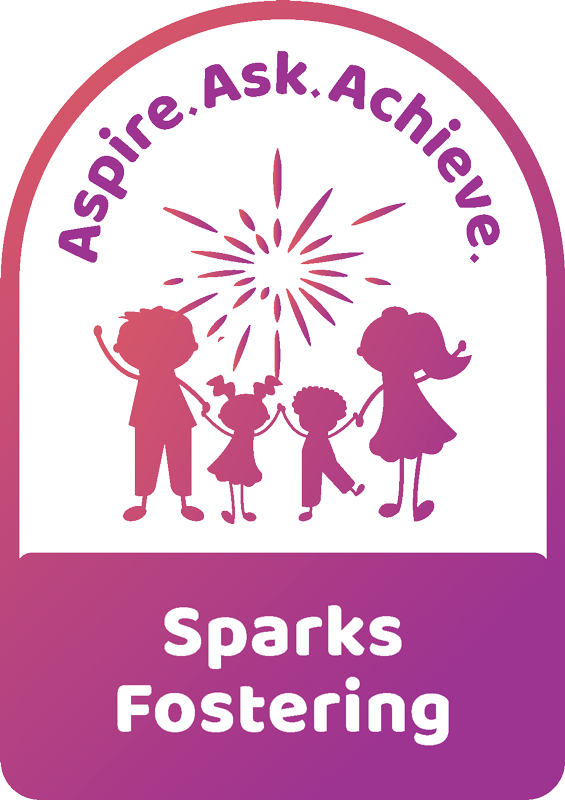What is therapeutic fostering?
To take a ‘therapeutic’ approach with children means to support children with their healing. All children in foster care have suffered some form of ‘hurt’, which as a minimum is the hurt of being removed from their birth parents: From this perspective, it can be argued that all foster carers should have an understanding of how to offer therapeutic care to children. Indeed, all parents should have a cursory understanding of how to offer therapeutic support to their children, and indeed, most parents do offer the support without knowing that it falls under the label of ‘therapeutic care’.
An example of when a child needs therapeutic support is if they are being bullied at school. A therapeutic approach to the situation would be to empathise with the child and even to feel sadness or anger on behalf of the child – this shows the child that there are cared for and the carer can also be a role model and guide to show the child how to respond to the difficult feelings and situation.
Often when services refer to ‘therapeutic fostering’, it means that they’ve adopted one of several therapeutic models. Examples of the most popular therapeutic models used in fostering include secure base, PACE (playfulness, acceptance, curiosity, empathy) and CBT (cognitive behavioural therapy).
At Sparks Fostering, we intentionally don’t adopt one specific therapeutic approach; rather, we train our carers and staff to learn the basics of a range of therapeutic models so the ‘best fit’ model can be utilised depending on the needs of the children and what is likely to be most benefit to the children. Sparks Fostering encourages and facilitates additional training to meet the needs of the children in our care and we also commission additional support when it is of benefit to the children.






